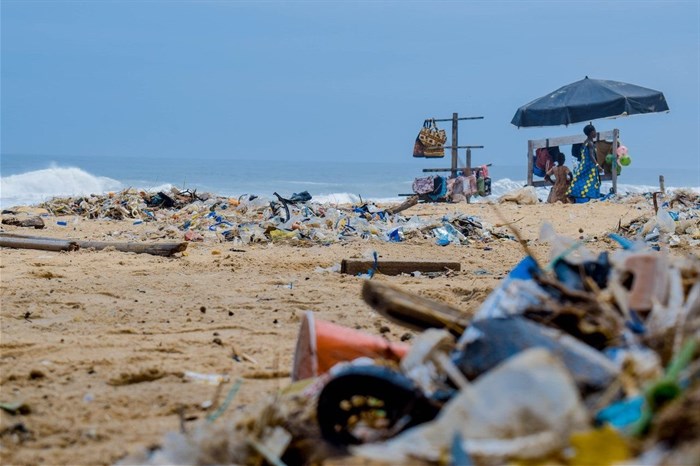






According to a UN report, our oceans become the final resting place for an estimated 11 million tonnes of plastic each year. Inevitably, the ubiquity of plastic, its durability, and the low-cost production have led to its dominance in various sectors, from packaging to manufacturing. However, the environmental cost associated with this pervasive material, particularly single-use plastics, is devastating. Besides the undeniable marine pollution, the production and incineration of plastic contribute to climate change by emitting millions of tonnes of CO2 annually.
Considering this pressing crisis, environmental experts are urging for a paradigm shift from the prevailing linear economy — characterised by a 'make-use-dispose' (or single-use) approach — to a circular economy. This transformative model endorses reducing, reusing, and recycling materials, ultimately eliminating waste, and creating a closed-loop system that substantially lessens our environmental footprint.
Circular economies are not a distant ideal but a growing reality, evidenced by businesses worldwide. Circular businesses serve to reduce the extraction and use of natural resources by using existing materials and products as inputs. Preference is given to recycled and renewable materials to maximise product lifespans and reduce waste, especially across the supply chain.
To tackle the plastic pollution crisis effectively, we need a much broader transition to circular economies. This pivot requires systemic changes in how we produce, consume, and dispose of goods. Industries need to design products for durability and reuse, governments must implement policies that incentivise sustainable practices.

If left unattended, the UN estimates that by 2040, marine litter will nearly triple, adding 23-37 million metric tonnes of waste into the ocean per year. This means about 50kg of single use plastic per metre of coastline.
The challenge we face is enormous, but with it comes transformative opportunities. By embracing circular economy principles, we can foster a more sustainable, resilient, and prosperous world. The responsibility for this transformation is not just confined to corporations or governments; it's a shared duty that falls upon every global citizen.
A circular economy isn't merely a strategy to combat the plastic pollution crisis. It's a paradigm shift towards a sustainable global economy that respects the boundaries of our planet's resources while still providing for our needs. It's about transforming the very way we perceive and interact with the world, recognising that our actions today will profoundly impact the generations of tomorrow.
As we observe World Environment Day, we are not just confronting a plastic pollution crisis; we are being challenged to fundamentally reevaluate our economic structures and make the necessary changes required to ensure the longevity of our planet’s ecosystems.